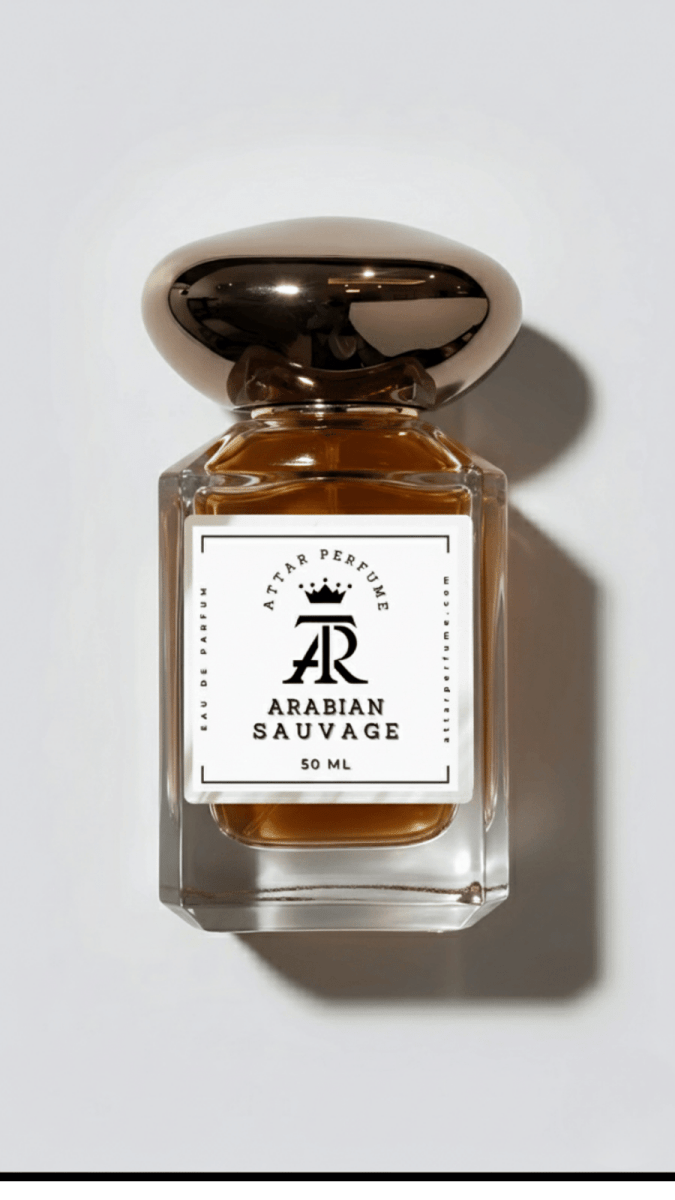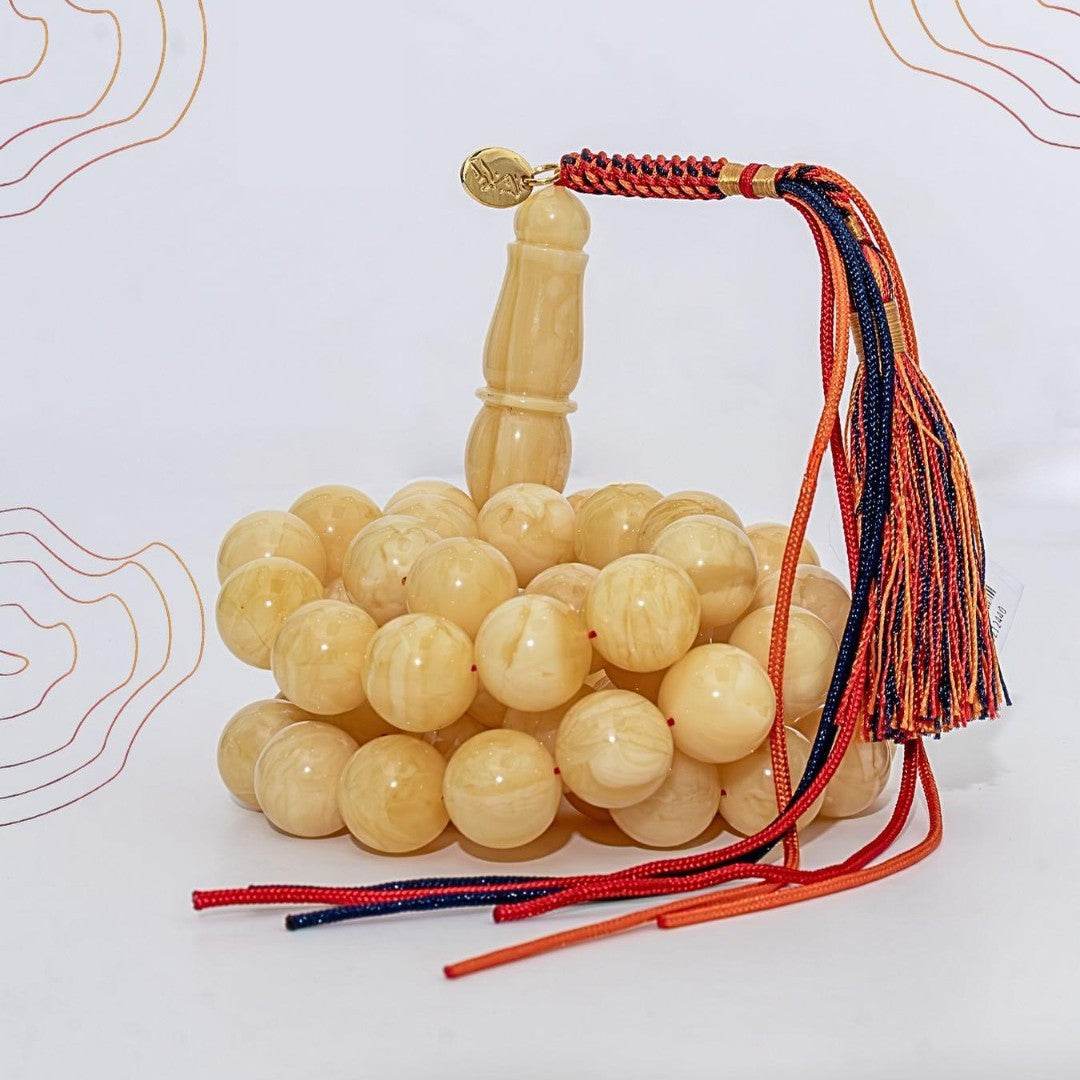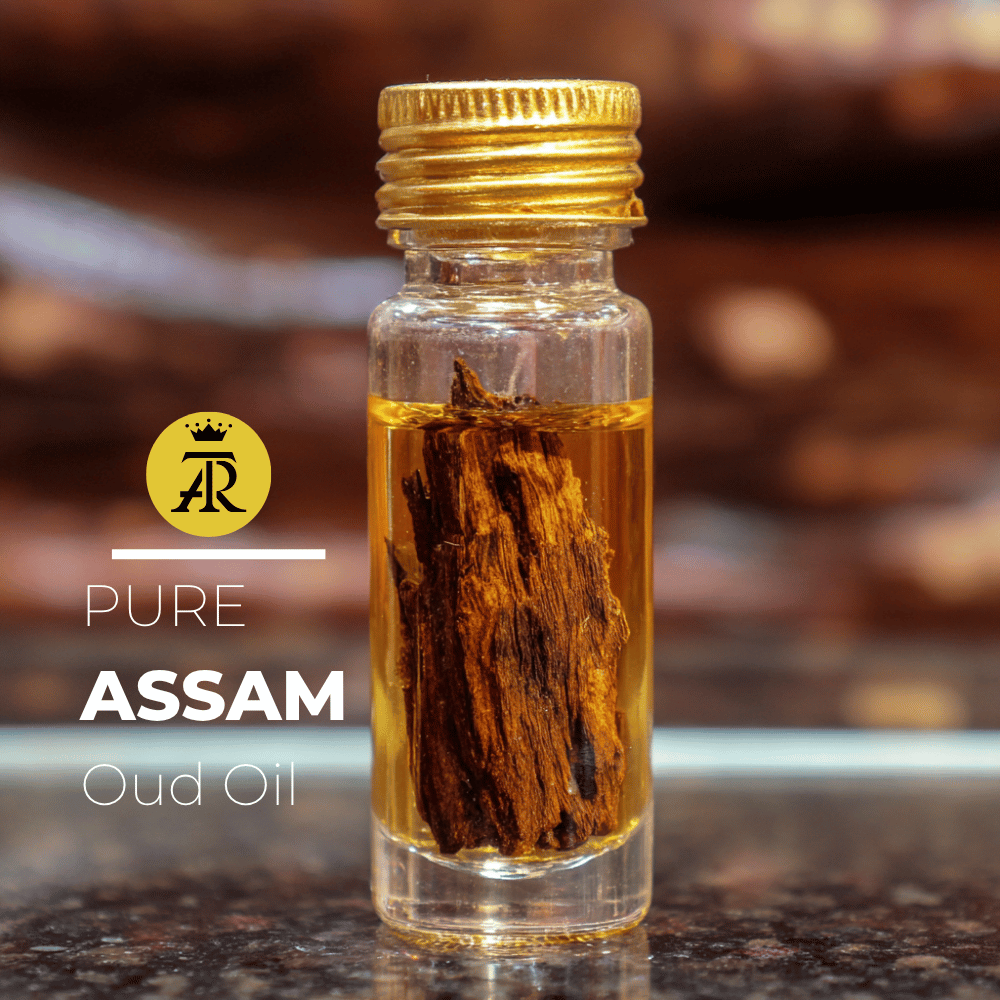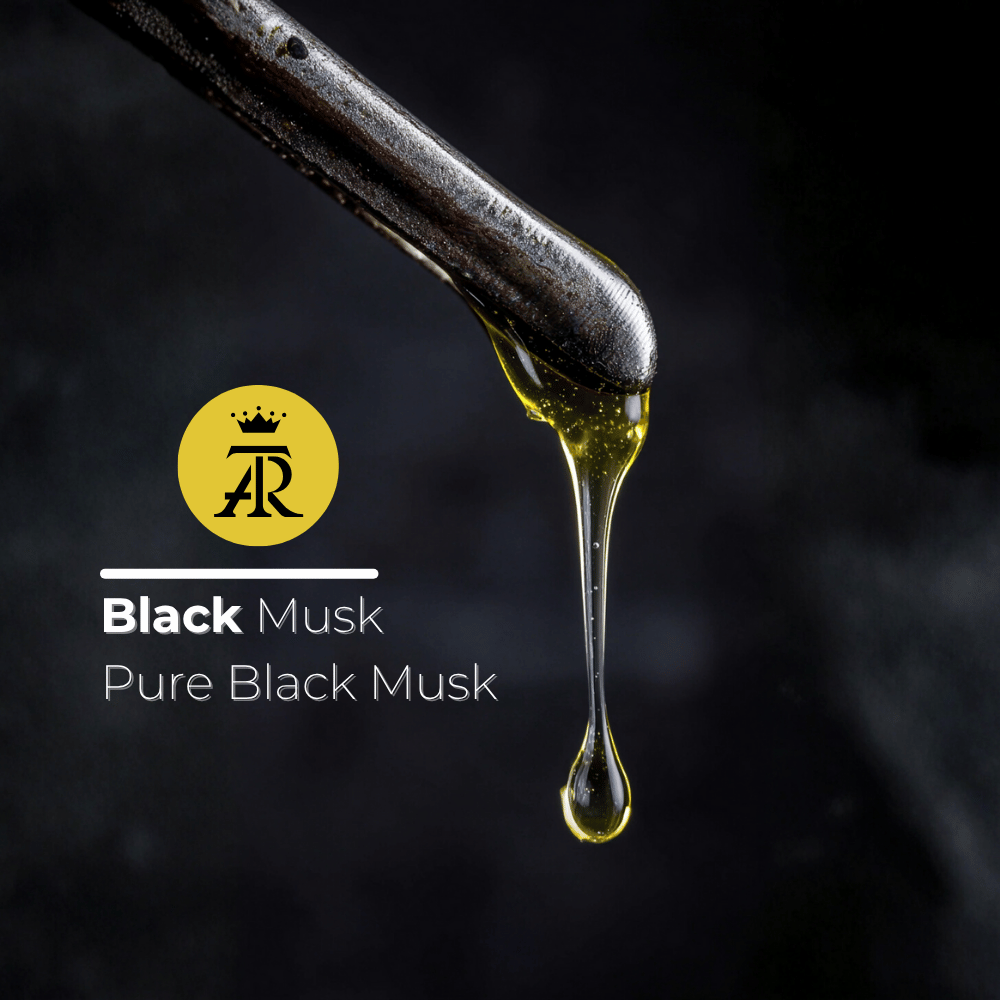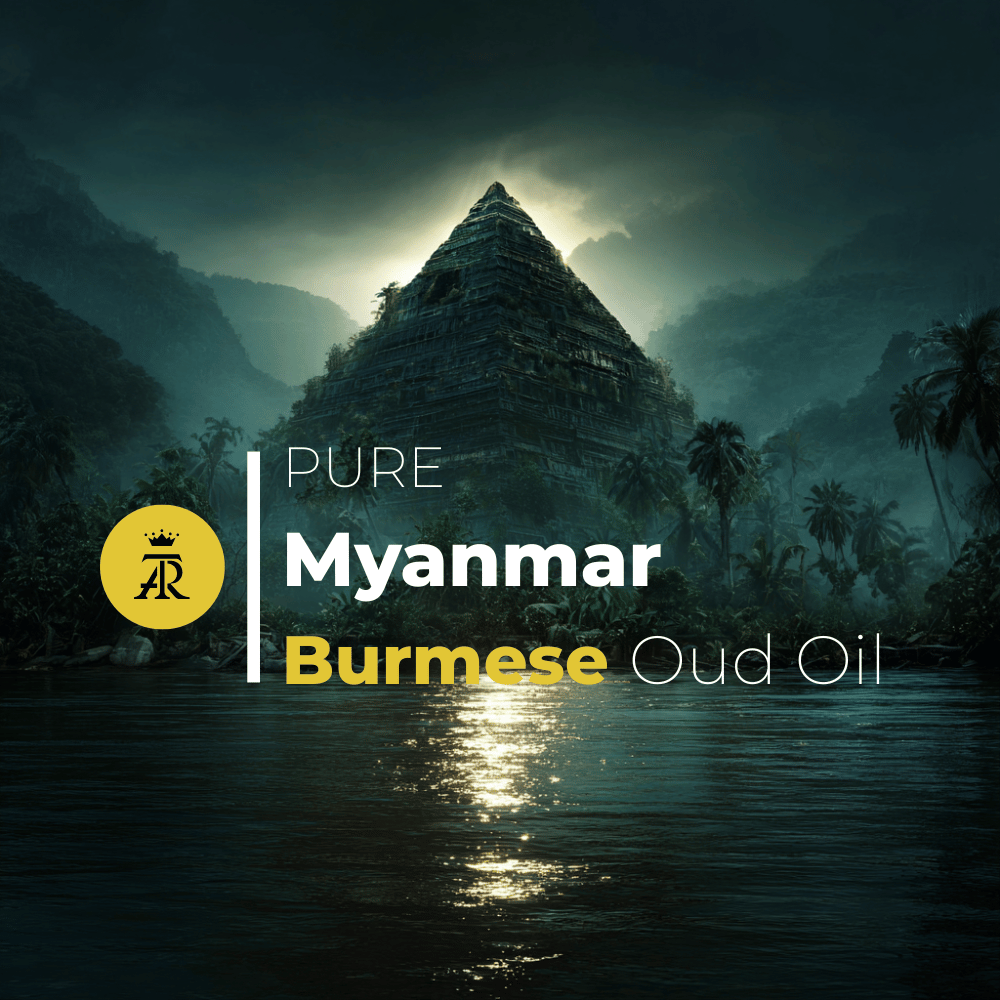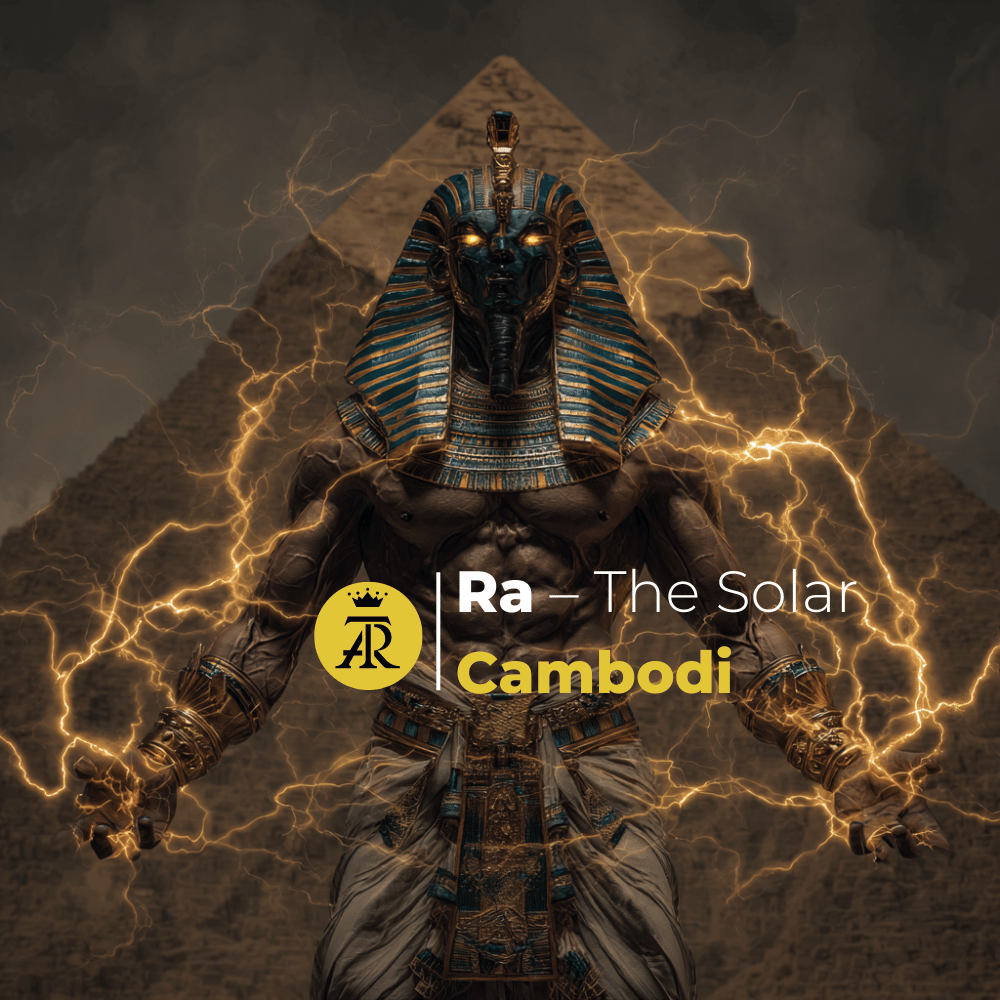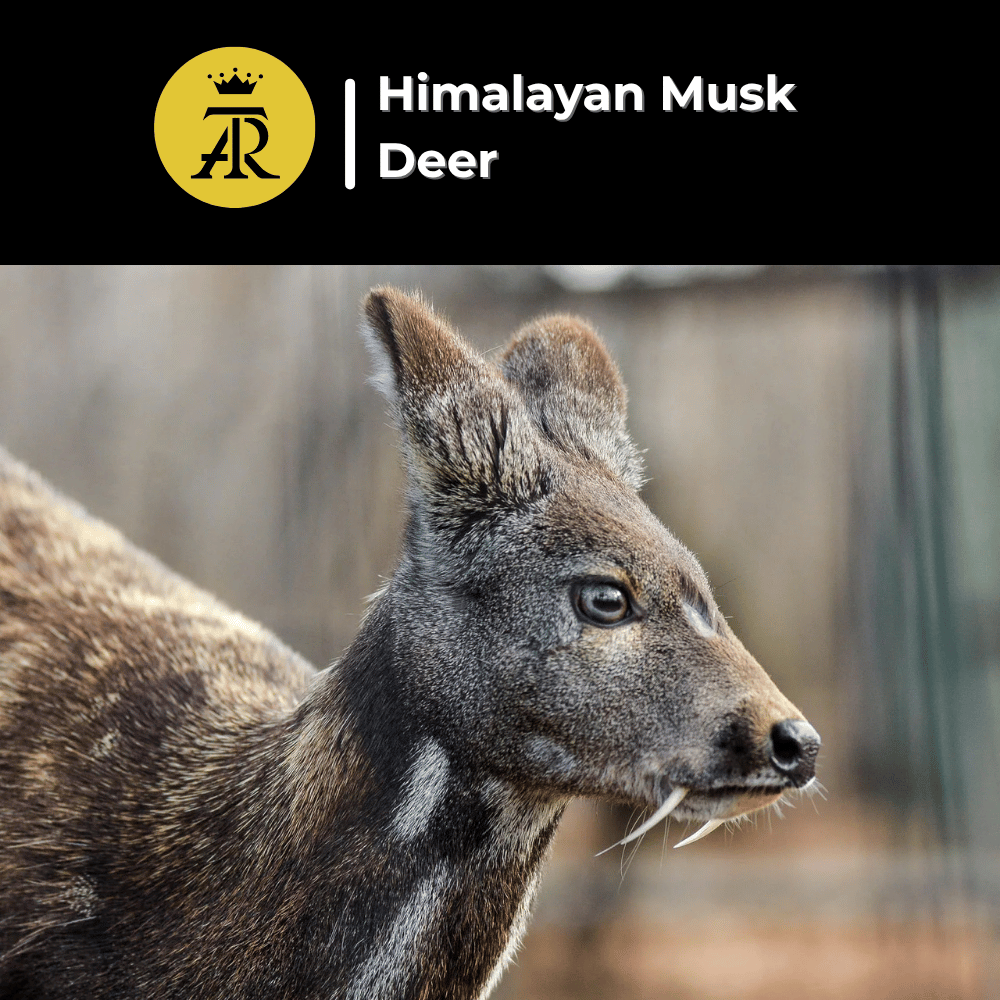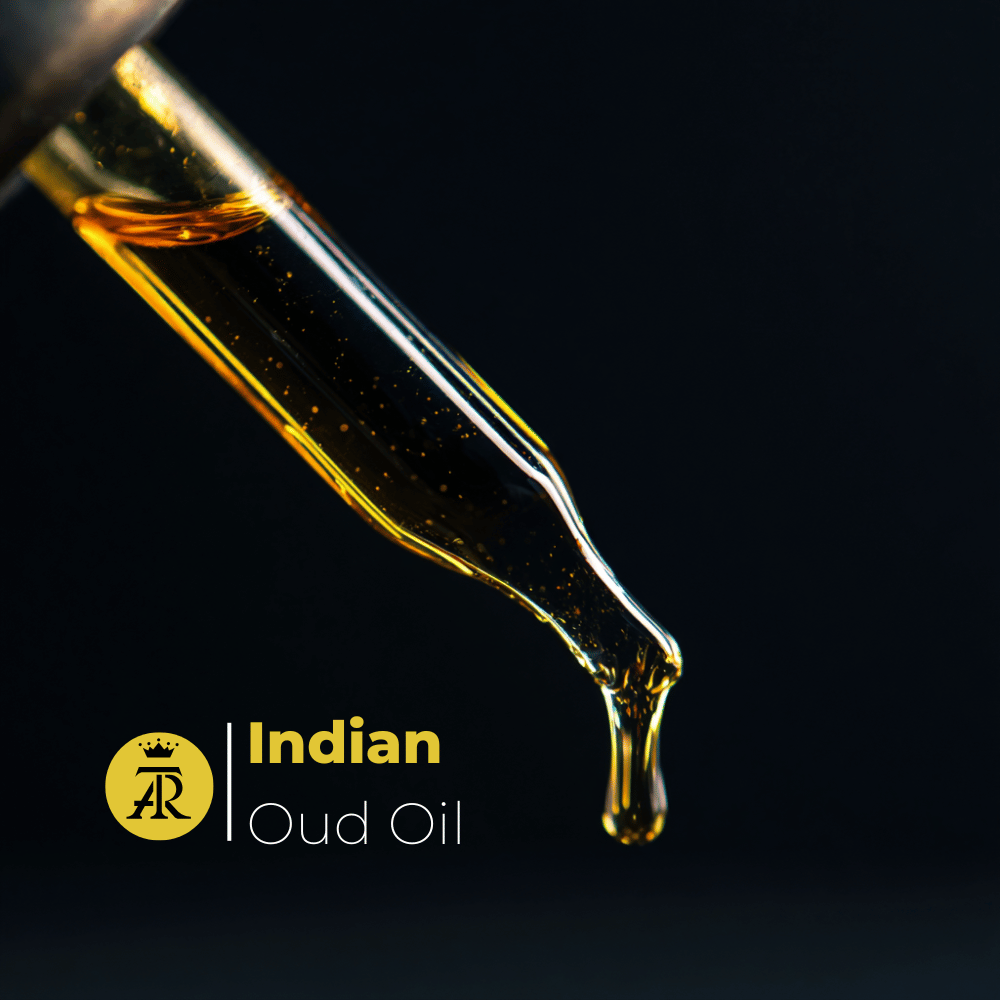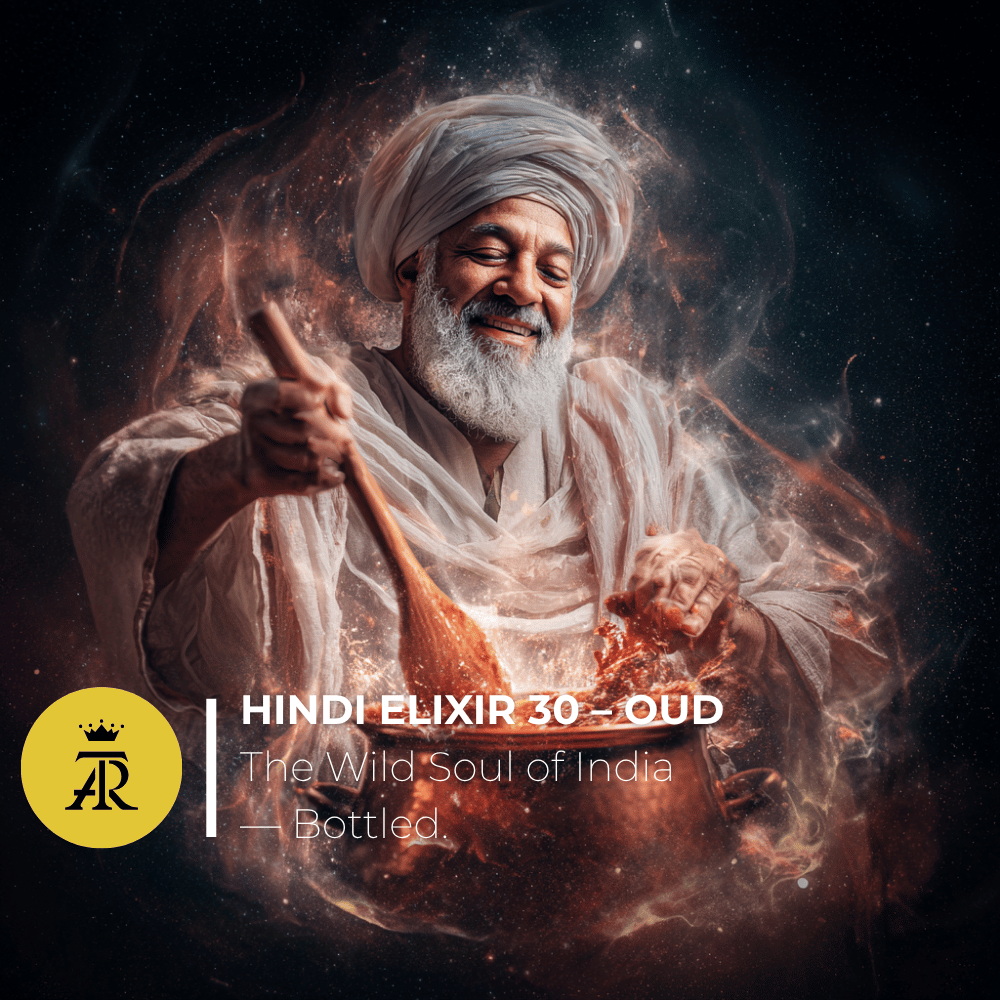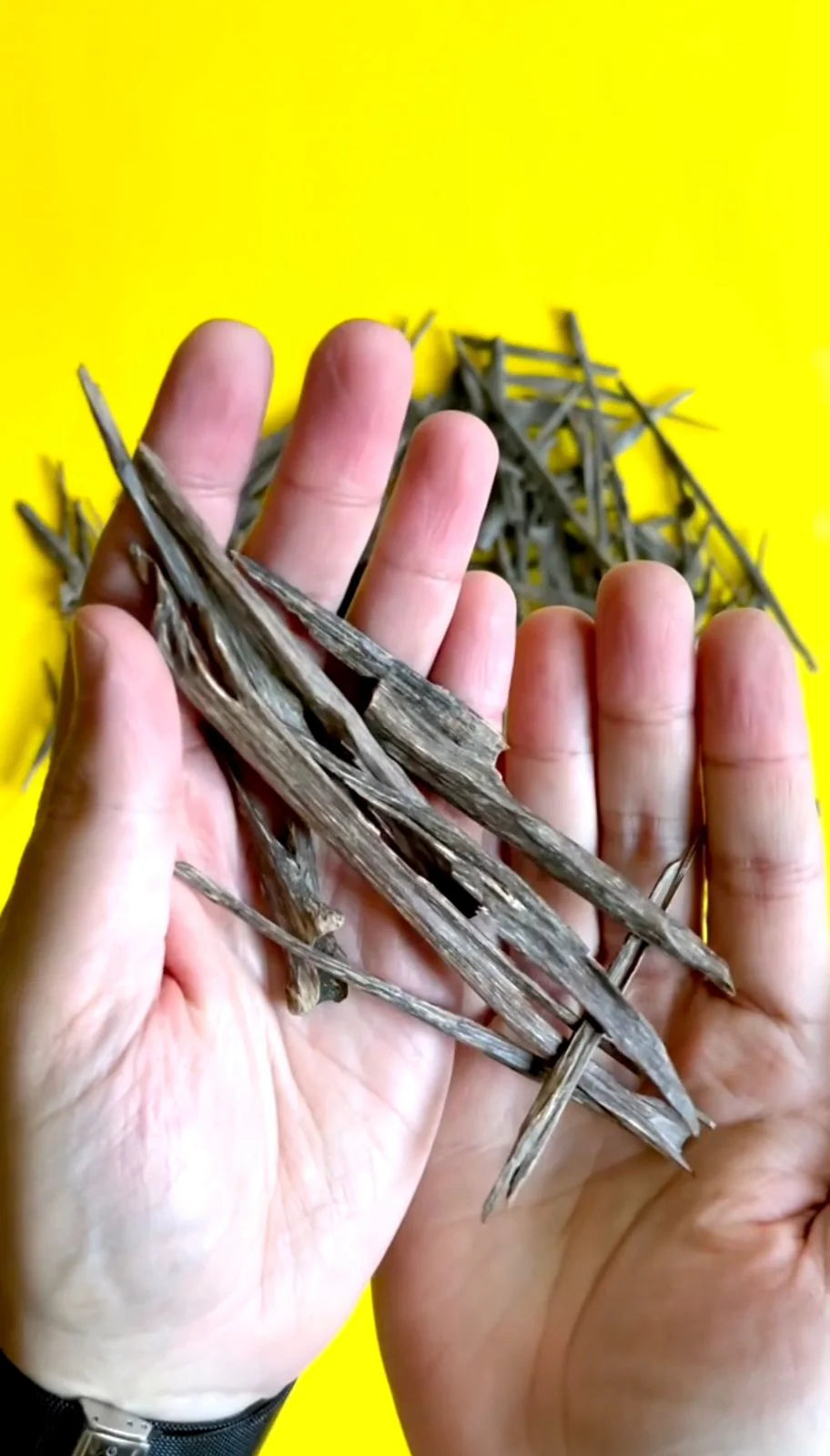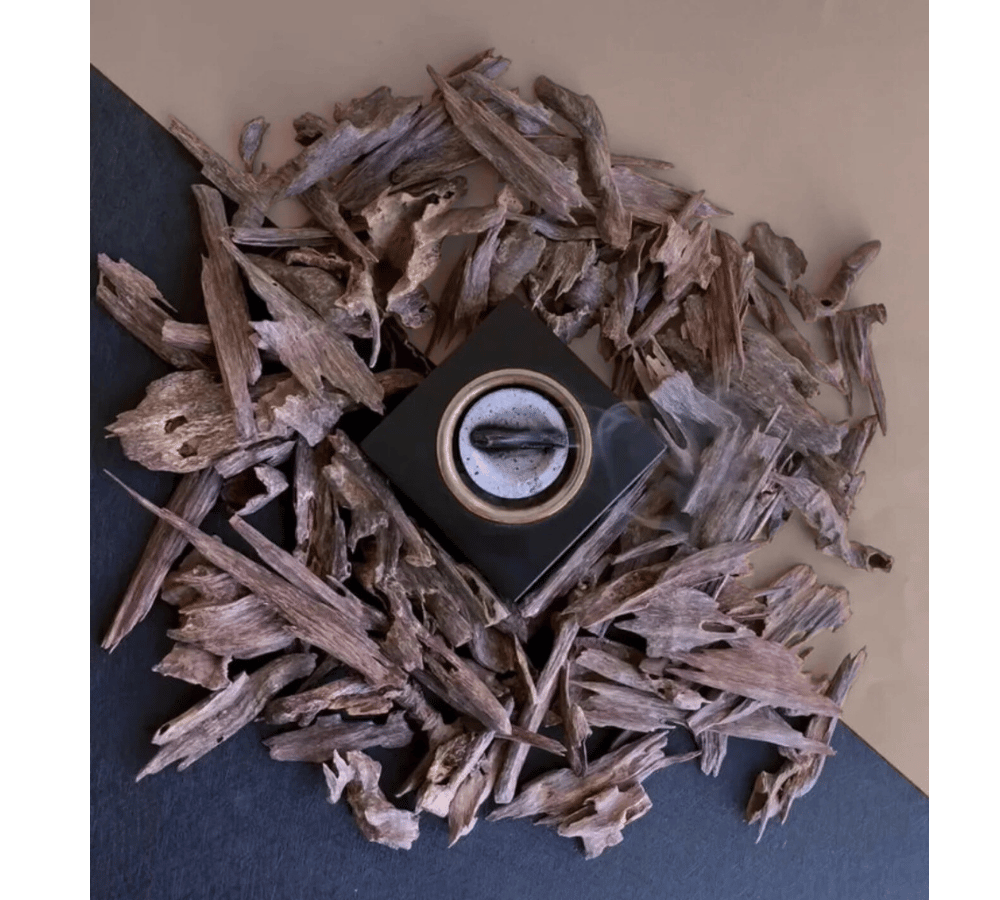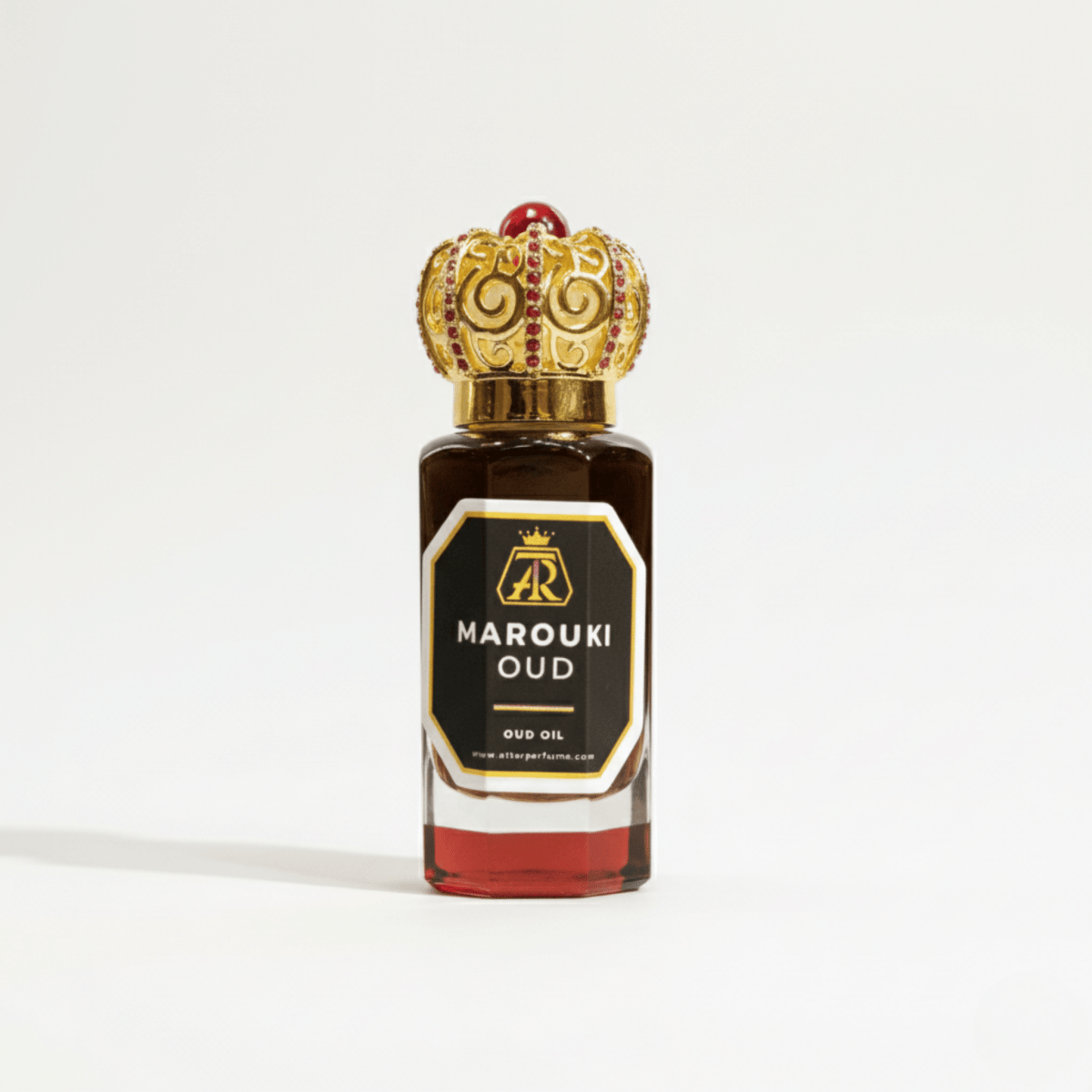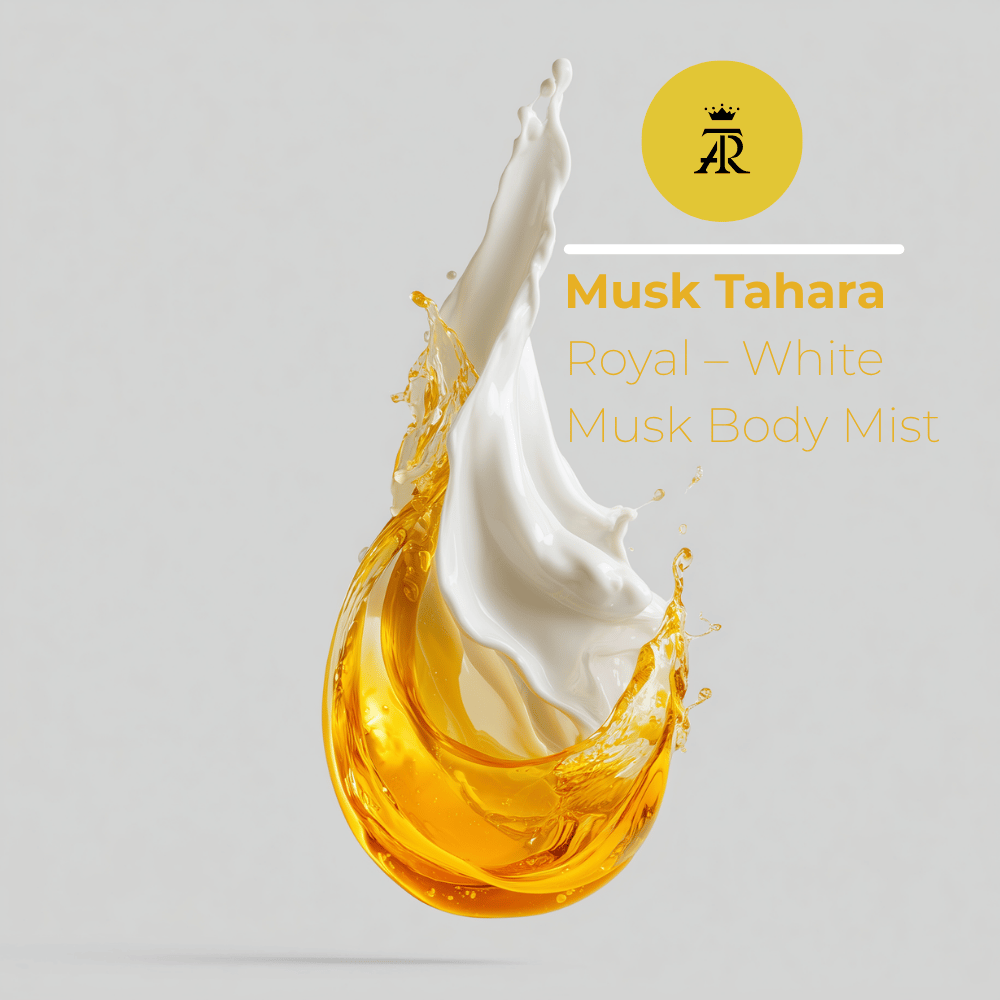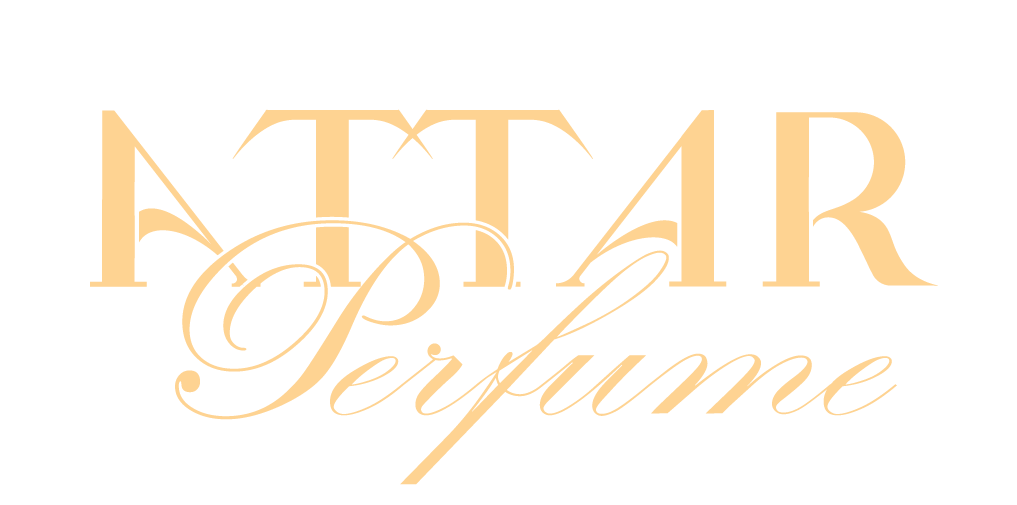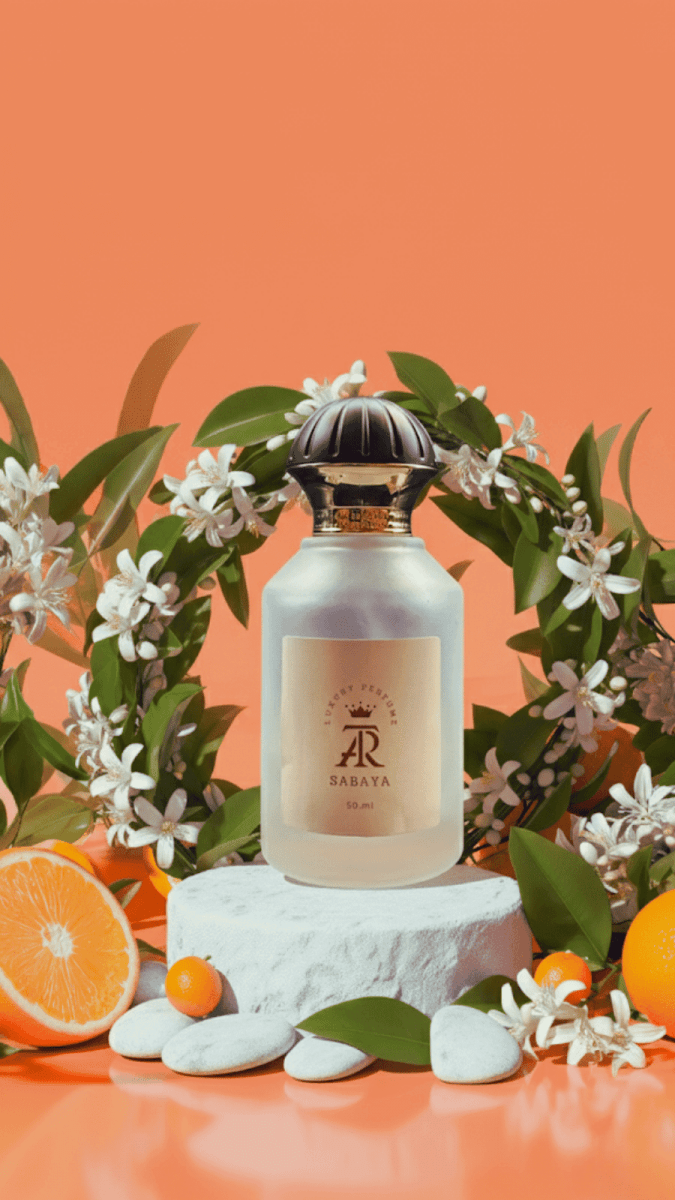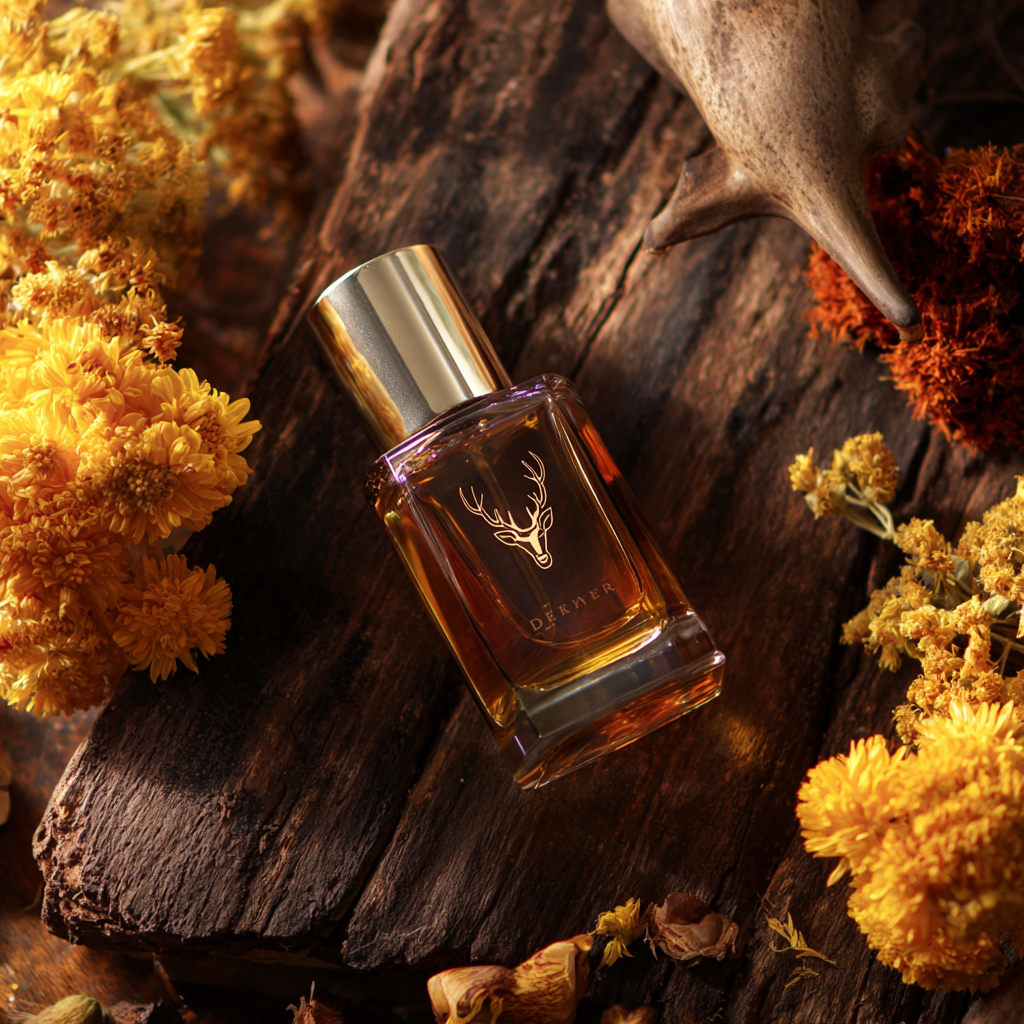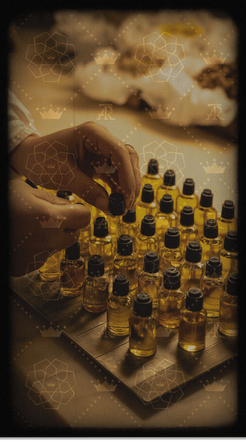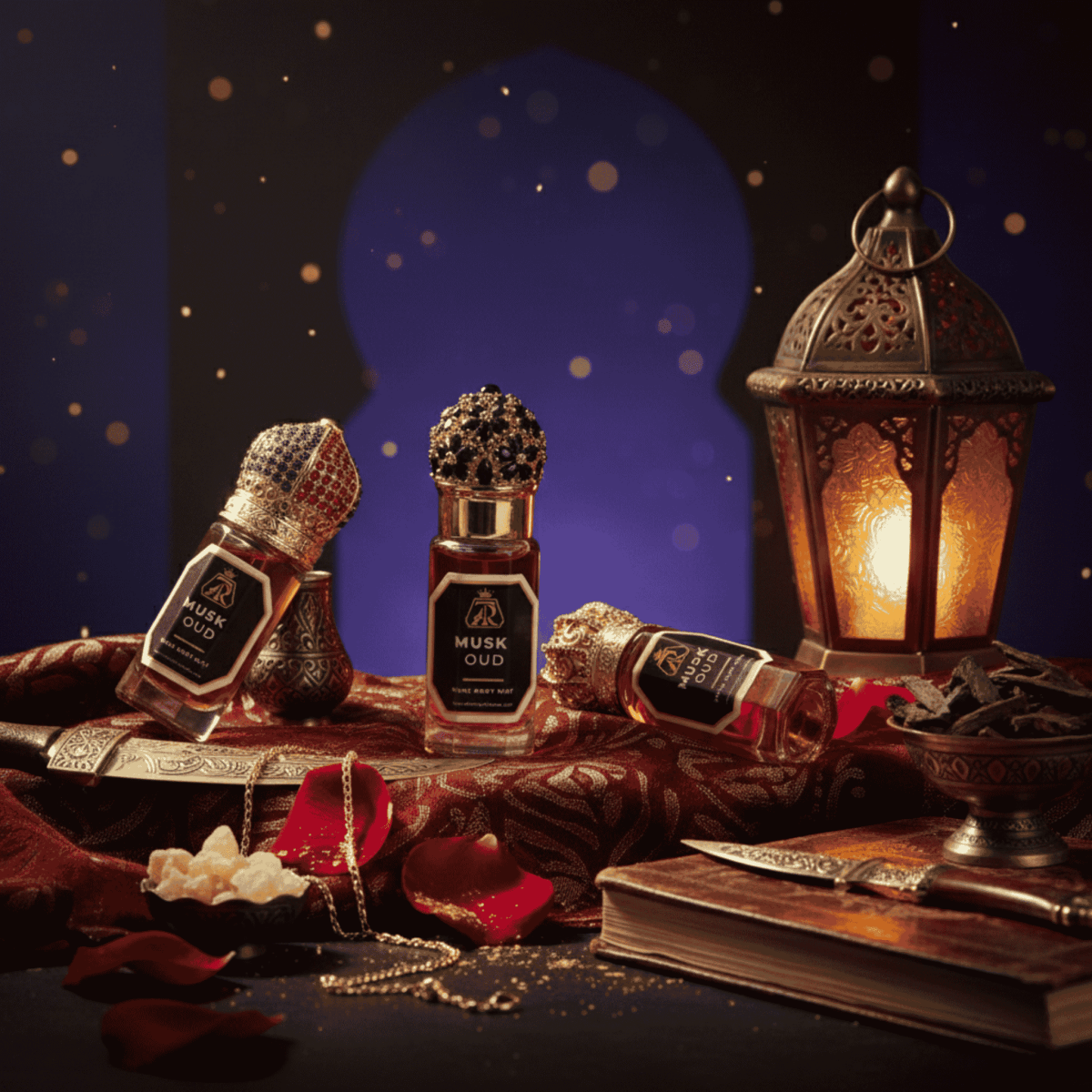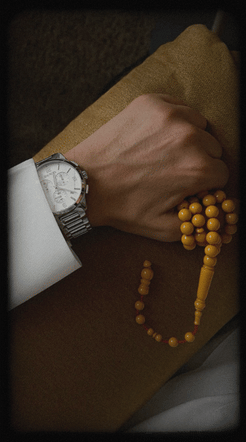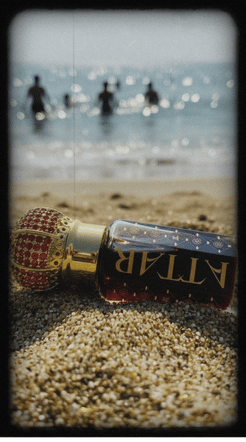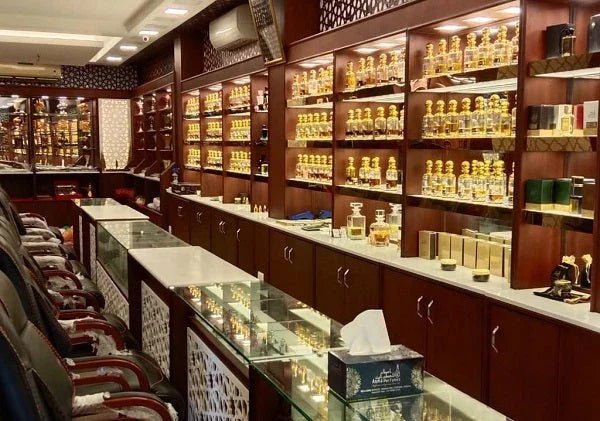🏛️ Islam Nagar
The Soulful Birthplace of Dehnal Oud Perfume
In the heart of India lies Islam Nagar, a modest town with an extraordinary reputation. It is home to the world's largest bukhoor market, where millions of dollars in agarwood and oud oil trade hands every year. Here, fragrance is not just a product—it is life itself.
🛤️ A Market Where Fragrance Is Currency
The lanes are lined with wooden stalls, each overflowing with sacks of bukhoor chips. Names like Mori Muqassas, Daqqa Nukhba, and Zura carry weight and history. These aren't just product names—they're a language of quality, a vocabulary understood by traders from Doha to Dubai, from Jakarta to Jeddah.
Buyers bend over to inhale their aroma, closing their eyes to assess the depth and complexity. Traders burn samples over charcoal to prove quality, watching carefully as the smoke rises—white and fragrant for good oud, gray and acrid for poor. In Islam Nagar, oud is king, and knowledge is the key to the kingdom.
🔥 From Forest to Furnace: The Birth of Oud Oil
Just outside the market, massive furnaces glow day and night. Powered by rice husks—an eco-friendly fuel that burns hot and steady—they keep the fires alive without pause. This sustainable choice reflects a deep understanding: oud deserves respect, from forest to final product.
More than 3,000 kilos of agarwood scraps—the unusable pieces left after sorting premium chips—are loaded into traditional copper stills. Water is added, and the fire begins.
As steam rises and condenses, it captures the spirit of the wood, transforming into dehnal oud oil. The first drops are pale and sweet, almost airy—delicate top notes that will fade.
As the days continue, the oil darkens into something deep, resinous, and powerful. The heart and base notes emerge—this is where the magic lives. The wood surrenders its deepest secrets.
After 20 days, the process completes. What emerges is called liquid luxury—time itself has refined the fragrance. Each drop carries the patience of three weeks and the wisdom of centuries.
📚 The Language of Bukhoor Grades
I meet Abu Ali, a seasoned trader who has spent his life among resin. His hands are stained with the history of thousands of deals, his nose calibrated by decades of evaluation. He lifts a handful of Mori Muqassas toward the light.
The smoke is rich, honeyed, grounding—the very essence I later recognize in my own bottle of Dehnal Oud Perfume from Attar Perfume.
Understanding Bukhoor Grades
Refers to chip size. "Daqqa" means small pieces. Larger chips (Daqqa Nukhba) mean more oil content and longer burn time. The bigger the chip, the more resin it can hold.
Broader, resin-heavy pieces with visible dark veins. These command premium prices for their concentrated aroma and visual beauty. Collectors prize Zura for display and use.
Dense, ceremonial-grade chips for special occasions. Used in weddings, Eid celebrations, and important gatherings. One piece can perfume an entire majlis.
Sorting is meticulous work requiring years of training. Too much cleaning, and chips break during shipping; too little, and smoke irritates the eyes. Perfection here lies in balance—the wisdom to know when to stop, when enough is enough.
A Perfume That Captures Heritage
This heritage is bottled in Dehnal Oud Perfume. At $21 for 25ml, it carries the soul of Islam Nagar: smoky, woody, sweet, and timeless. It's the culmination of that 20-day distillation process, the knowledge of traders like Abu Ali, and the craft of generations.
Entry-level attar
Bold intensity
Perfect balance
Premium niche
Unlike entry-level attars like Fawaki ($3) or Black Oud ($8), Dehnal Oud strikes the perfect balance between quality and accessibility—a genuine taste of Islam Nagar's artisanal legacy.
